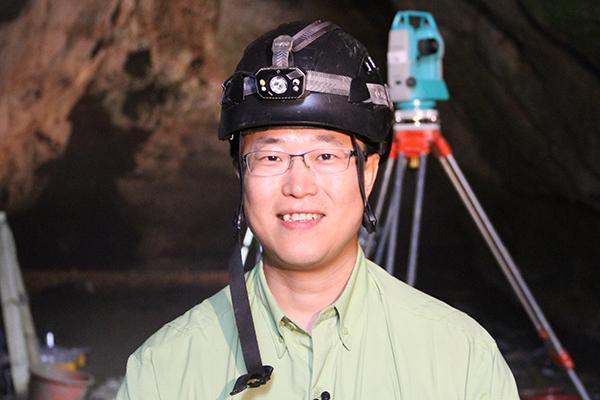
The Institutes for Chinese, Japanese, and Korean Studies present:
"The Peopling of East Asia: Early Prehistoric Perspectives"
Christopher Bae
University of Hawai'i at Manoa
Abstract: East Asia (China, Korea, and Japan) is contributing an increasing number of important findings to bettering our understanding of early prehistory. Here, I focus attention on the Late Pleistocene (~127,000-12,000 years before present) and provide examples of recent findings from the region. During the latter part of the Late Pleistocene, particularly when modern humans appeared in growing numbers in the region, much of East Asia served as a broader interaction sphere. This is evidenced by the human fossil and archaeological records. Such evidence includes the early appearance of anatomically modern humans [e.g., Zhoukoudian Upper Cave (China), Ryonggok Cave (Korea)] and the movement of artifacts (e.g., obsidian) over long distances. Further, the earliest peopling of the Honshu-Shikoku-Kyushu island group in Japan likely originated from dispersals from the Korean Peninsula sometime during the Late Pleistocene, indirect evidence of early watercraft. These and other recent findings from this region will be discussed.
Christopher Bae is Full Professor and Chair of the Department of Anthropology, University of Hawai’i at Manoa. Dr. Bae specializes in Asian paleoanthropology, with a particular focus on sites and materials in eastern Asia. Over the past several decades, he has conducted extensive field and laboratory research in Korea, China, Japan, Vietnam, and most recently, Myanmar. Dr. Bae has published extensively on a wide range of topics related to human evolution and Paleolithic archaeology, particularly in their paleoenvironmental context. His research was recognized in 2012 with the University of Hawai’i Board of Regents Research Excellence Award. Dr. Bae has served as Editor of Korean Studies & the Hawaii Studies On Korea monograph series, in addition to serving, or having served, on various editorial boards, including top-tier journals as Quaternary Science Reviews, Journal of Human Evolution, and PLoS ONE.
